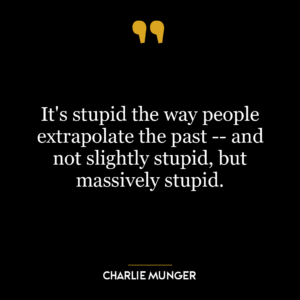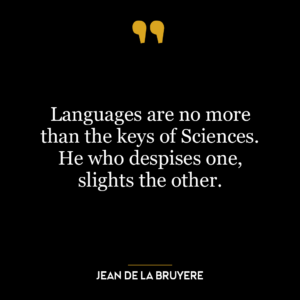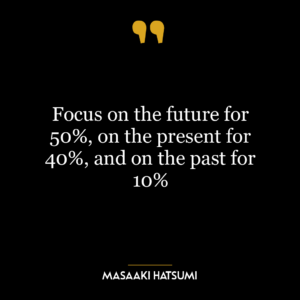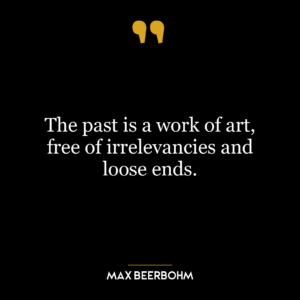This quote implies that the primary value of examining the past lies in the insights it provides for predicting and shaping the future. It suggests that history is not just a record of events that have transpired, but a tool for understanding patterns, trends, and principles that can guide future decisions and actions.
In essence, Kennedy is emphasizing the importance of learning from history. By analyzing past events, actions, and outcomes, we can gain a better understanding of cause and effect relationships, the consequences of certain choices, and the factors that can lead to success or failure. This knowledge can then be used to inform our future actions, helping us to avoid repeating past mistakes and to replicate past successes.
Applying this idea in today’s world, we can look at various fields like politics, business, and science. In politics, politicians and policymakers often study historical events to understand the impacts of different policies and to develop effective strategies for the future. In business, companies analyze past performance data to make future projections and strategic decisions. In science, researchers study historical data to predict future trends, such as climate change or disease spread.
In terms of personal development, this quote suggests that reflecting on our past – our successes, failures, decisions, and experiences – can provide valuable lessons for our future. For instance, we might analyze past failures to understand what went wrong and how we can avoid similar mistakes in the future. Conversely, by reflecting on our past successes, we can identify what we did right and try to replicate these actions in future endeavors. This process of self-reflection and learning from the past is key to personal growth and improvement.













